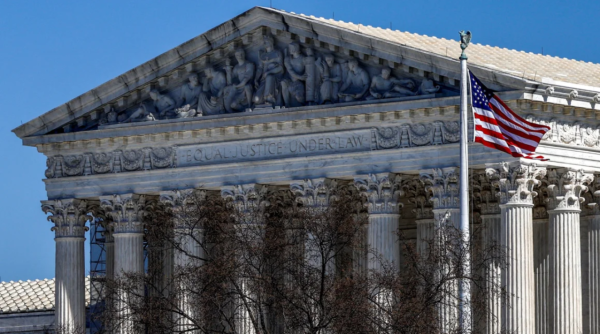Libyan story SIDEBAR 2 — The currency problem in Libya and the Black Market
May 26, 2017
“The facts that one, not much revenue is coming into the country while a lot keeps going out to import food, etcetera and two, the CBL’s funds are dwindling,” said David Kirkpatrick, Middle East correspondent for the New York Times. “Both are putting downward pressure on the exchange rate of the Libyan currency.”
Because of this, Kirkpatrick said that the government tries to enforce an artificially high rate of exchange.
“That leads to a black market in dollars,” Kirkpatrick said. “So you could hypothetically move Libyan dinars out of the country at a high rate through the official banking system at the official rate, and then bring that money back as dollars and buy a lot more Libyan dinars on the black market — essentially buying dollars at the low official rate and selling dollars at the high black market rate.”
Currently, the official rate of exchange is 1.4 dinar equates 1 USD. According to Kirkpatrick and junior applied engineering major Ibrahim Albadri, each official one dinar, is worth much more if sold on the black market. Earlier this year, the price was up to 6.10 dinar on the blackmarket for each 1 legal dinar.
“To stop that, the government puts limits on what people can move out of the country through the official banking system,” Kirkpatrick said.
Currently, this limit allows citizens to move a maximum of 7,500 dinar out of the country but only for medical and education use. In addition, every father in the country is only allowed to withdraw a maximum of 400 dinar per child he has every month to pay expenditures.
This currency shortage is also being caused by unnecessary government waste and the funding of various militias by the CBL, Kirkpatrick said.
“The Libyan government payroll was always bloated with no show jobs and unnecessary waste, but they keep paying it all as a kind of social welfare,” Kirkpatrick said. “Then, on top of that, the rival factions fighting each other in Libya are all drawing on the Central Bank money in various ways to pay salaries and buy supplies for their fighters, through various diversions. Yes, the same Central Bank has been paying all sides in the fighting. So, at the end of the day, its supplies of cash are dwindling.”






















